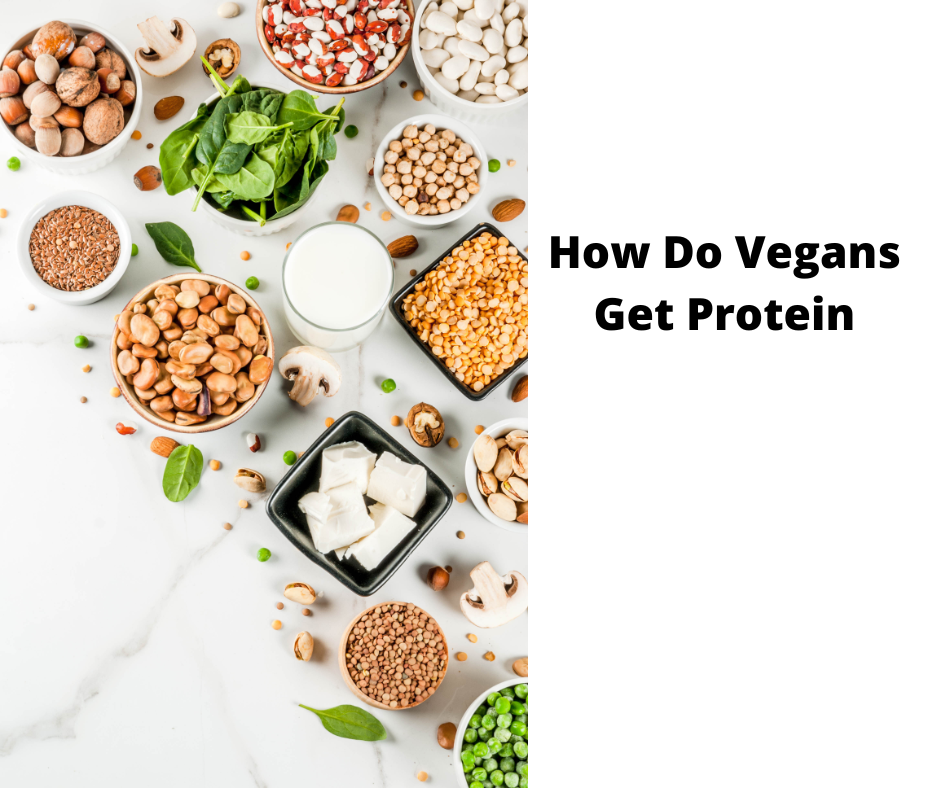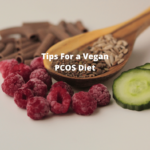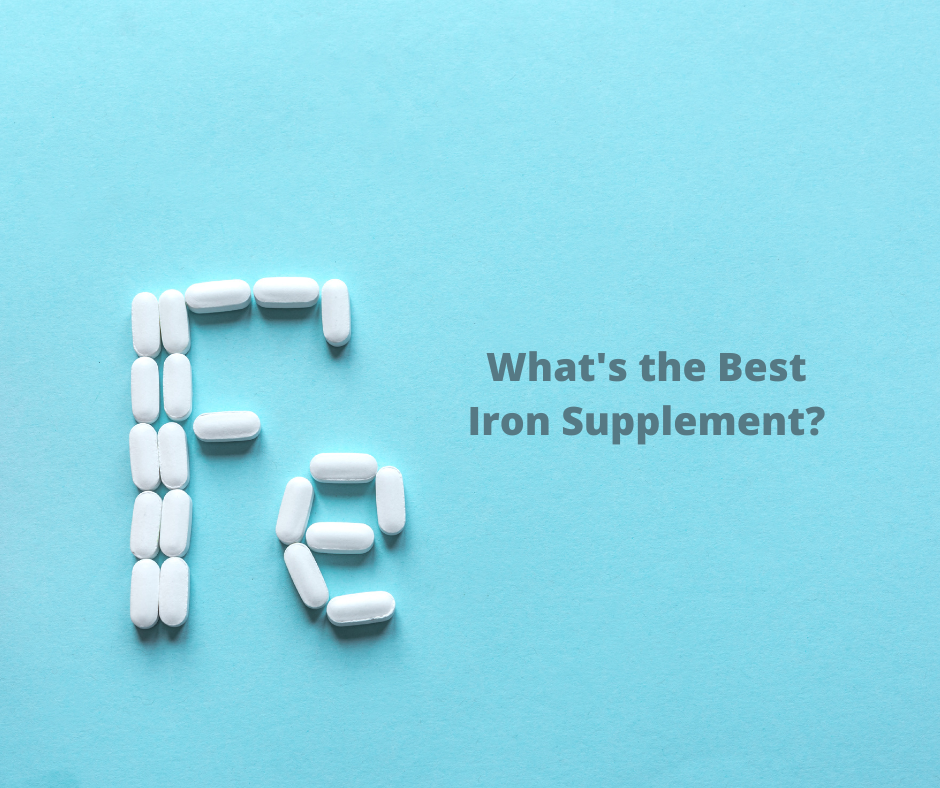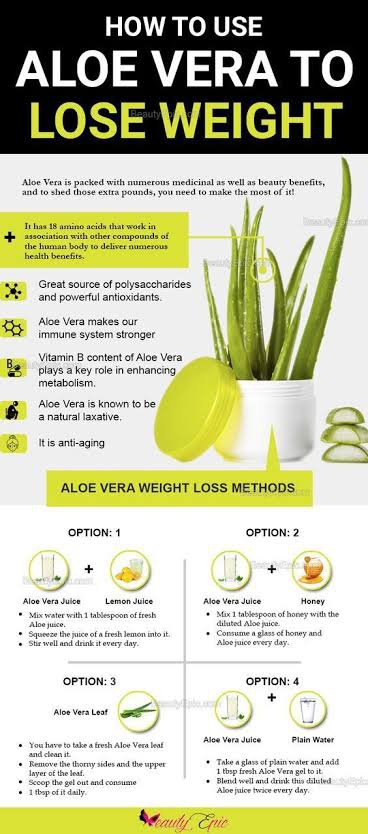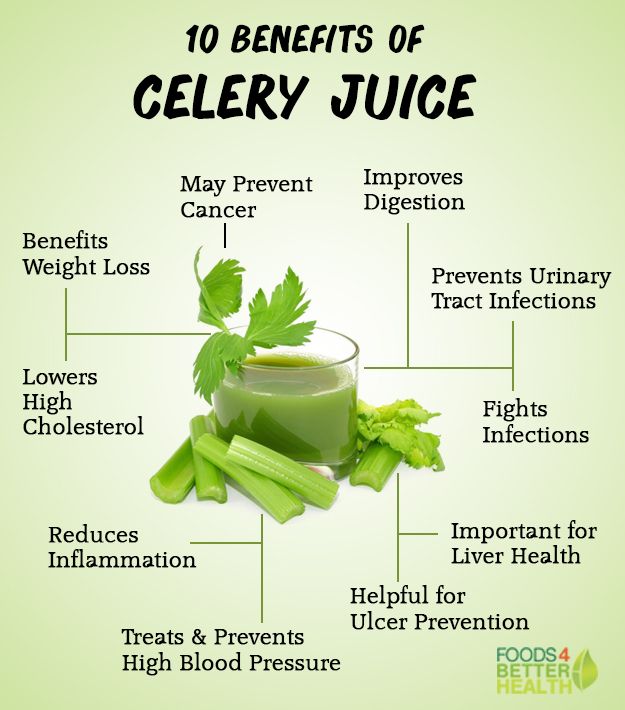For those who are not familiar, the way in which vegans get their protein may seem simple at first. Many people believe that protein only comes from animal products. However, vegans can meet their protein needs through other sources.
How can vegans get protein?
Tofu, beans, lentils and quinoa all make excellent plant-based proteins. Experts believe that a vegan diet is healthier than one based on meat. This is because it has lower levels of cholesterol and saturated fat. Don’t ask a vegan where their protein comes from next time they visit you. There’s a good chance they are getting it from a healthier source than you.
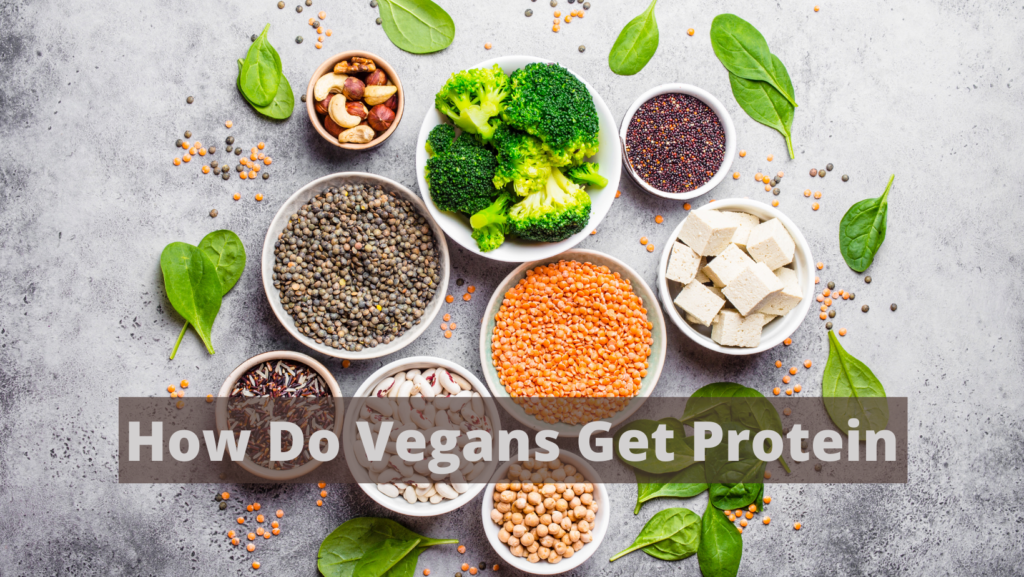
What is protein?
Many people believe eating meat is the only way they can get enough protein. This is false. Many plant-based protein sources are great for vegans.
Beans and lentils, for example, are great sources of protein, essential vitamins and minerals. Quinoa, a plant-based protein source, is also a great choice. It’s rich in fiber and antioxidants. Nuts and seeds are another good option because they’re rich in nutrients and healthy fats.
Last but not least, vegan protein powders are available that can be used in baking or added to smoothies. When someone asks where vegans get their protein from, they’ll have a lot of options.
Overeating protein
Overeating (eating too much protein) can lead to kidney problems, osteoporosis risk, and cancer growth. It is important to maintain a healthy balance in your protein intake.
Vegans can get enough protein quickly from plant-based sources. There are many great options for protein, including beans, lentils and tofu. A well-planned vegan diet can give you all the nutrients you need to be healthy and fit.
What is the role of protein in our bodies?
Proteins are the building blocks for our bodies. They are essential for the repair of tissue and building muscle.
Proteins are also essential for metabolism. They provide energy and regulate hormones. Without protein, cells would be just a mass of cells. Protein is important.
Good news is that protein can be found in many foods including meats, poultry and fish as well as nuts, legumes, dairy products, and beans. There is no need to eat a crazy diet. Your body will be well-equipped if you include enough protein-rich foods into your diet.
What is the best way for vegans to get their protein?
Contrary to popular belief, vegans can still get plenty of protein from plant sources. Protein is abundant in many vegan staples like beans, lentils and quinoa.
Essential Amino Acids
You don’t have to be concerned about not getting enough essential amino acids. You’ll get all the essential amino acids you need if you eat various plant-based protein sources. How can vegans get their protein? You eat plants!
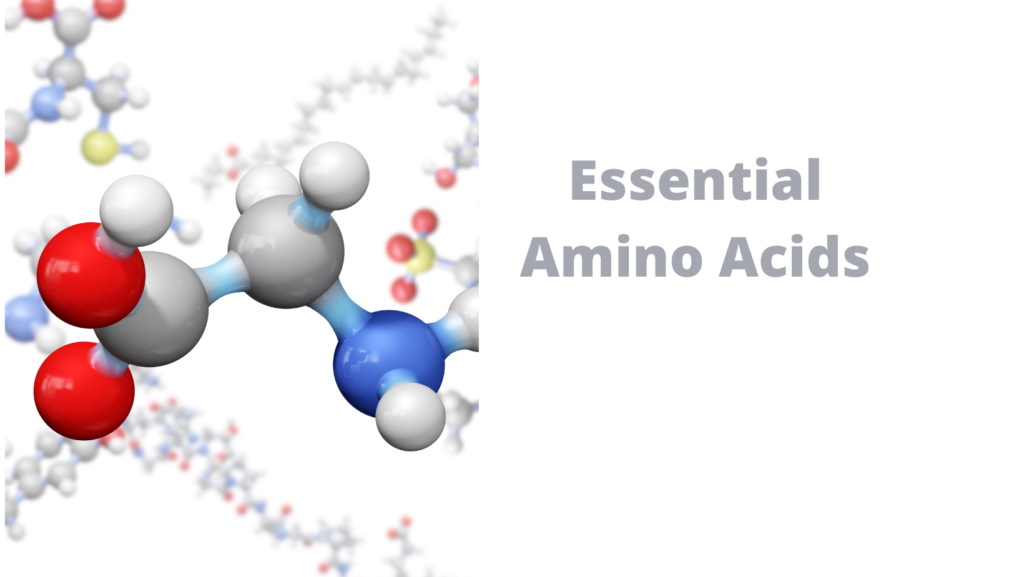
Experts’ opinion on plant-based protein requirements
A recent study suggests that plant-based proteins may be key to long and healthy lives. A Harvard School of Public Health team of experts conducted the study and found that those who eat a diet richly in plant-based protein have a lower chance of dying young than those who eat animal-based protein.
The study found that plant-based protein consumption is even more beneficial for people who eat a lot of red beef. A diet high in red meat has a 50% higher chance of dying young, according to the data. This could be due to the high levels of saturated fat and cholesterol in red meat, which can lead to heart disease.
What do experts suggest? It is clear that if you want to live long and healthy lives, make sure your diet includes plenty of plant-based protein. Tofu, beans, tempeh, lentils and tofu are all great sources of protein that can help you stay healthy for many years.
Can vegan protein be considered the same as animal protein?
Both vegan and animal protein debates have been ongoing for many years. Both sides insist that their proteins are superior.
Each protein type has its own benefits but they all are essential to a healthy diet. While animal protein is rich in essential nutrients such as iron and vitamin B12 while vegan protein sources such as beans and lentils are high in fiber and antioxidants, they can also be a great source of vital nutrients like iron.
The best way to ensure your body gets all the nutrients it needs is to eat a wide variety of protein sources. No matter if you are a strict vegan or a carnivore, it doesn’t matter if you agree with the fact that both animal and vegan protein are important for a healthy diet.
How much protein do you need?
It is common to hear that protein is important for building muscle. But how much protein are you able to consume to see the results?
You may be surprised to find out the answer. Although protein is essential for muscle growth, the amount you need is very small.
A person needs 0.36 grams of protein for every pound of body weight. This means that a person of 140 lbs only requires 50 grams of protein daily. Avoid eating too many steaks and eggs if you want to build muscle. You only need a little protein to make your muscles strong.
Protein Intake
You might need to consume more protein if you are active but not as healthy as someone who exercises regularly. The recommended protein intake for athletes should be between 1.2 and 2.0 grams per kilogram. Vegans can easily get enough protein by eating plant-based foods such as beans, tofu and tempeh.
Are athletes able to get enough protein from a vegan diet?
Is it possible for athletes to get enough protein from a vegan diet? This question has been around since Ancient Greece, when vegetarian athletes were thought to be more successful than their meat-eating counterparts.
The debate is still ongoing today, with some athletes opting for plant-based diets to improve their performance, while others are concerned that they won’t be able get enough nutrients. What’s the verdict? Are vegan athletes able to perform at their best? You might be surprised at the answer.
Although athletes require more protein than those who are sedentary, it is not as much as you might think. An average adult needs 0.36 grams of protein for every pound of bodyweight, while highly active individuals only need 0.55 grams.
That’s 64 grams of protein per person weighing 180 lbs. This can be achieved on a vegan diet if you eat variety of whole grains, legumes and nuts.
Vegan athletes are more energetic and recover faster when they eat a plant-based diet. If you are an athlete and considering becoming vegan, you can still perform your best.
Athletes need more protein than the average person. However, this can be challenging for vegans. There are many sources of protein, some of which vegans can eat. It’s still easier for vegans and vegetarians to get protein through plant-based sources, as these foods have less cholesterol, saturated fat and sodium.
One cup of cooked Quinoa contains 11 grams of protein and only 2.6% of saturated fat. This is great news for anyone who wants to exercise without risking their health.
Where can vegans get their protein from?
You must eat a variety of foods that contain protein to get enough. This can be difficult for vegans as many plant-based protein sources lack the amino acids necessary to make complete proteins. However, there are vegan foods that provide enough protein to satisfy a growing vegan’s daily nutritional needs.
Vegans and vegetarians should emphasize vegetables in their diet as they contain more nutrients such as vitamins and fiber. Vegetables are rich in fiber and vitamins. They also have high water contents, which makes them more filling than other foods. Low glycemic index vegetables like collard greens, broccoli, spinach, and kale make it easier to digest.
Because they are usually lower in sugar than other fruits, fruit can be a good source of protein for vegans. Fruits are good for your health because they provide you with protein that will not cause you to become sick or starving, as well as vitamins and antioxidants that can help improve your health. Fruits are a good source of nutrition and don’t have many calories. This is particularly helpful for those trying to lose weight.
Vegans can also get their protein supplements from protein powder. It is easy to add it to smoothies and juices, without it tasting bad or causing side effects due to excessive sugar.
Many people associate vegan food with tofu and leafy greens. These food are not the only options for vegan eating.
Vegans can find plenty of plant-based protein sources to meet their daily nutritional needs. Beans, seeds, nuts, and certain grains such as quinoa, amaranth, and nuts are all excellent protein sources. Even vegetables like broccoli and Brussels sprouts contain significant amounts of protein.
There are so many tasty and nutritious vegan options that it is easy to see how vegans can get the protein they require.
Sources of plant-based protein
If you’ve ever tried to eat a plant-based diet, you know how difficult it can be to find protein sources. Although there are many tofu and beans on the market they can quickly become monotonous.
There are many other options available for adventurous eaters. Tempeh, a fermented soybean product with a mildly nutty taste, is one example. Seitan is made from wheat gluten, and has a chewy texture. Quinoa, which is rich in protein and has all nine essential amino acid is another popular choice.
So many plant-based proteins are available that there is no reason to get bored of your food.
Tofu vs. Other Proteins
It’s not hard to see that tofu isn’t very popular. Many people associate the word tofu with bland, rubbery foods that are about as appealing as cardboard.
Tofu can be used in many dishes and is delicious. Tofu also has many advantages over other protein sources. Tofu is low-calorie and fat and rich in vitamins and minerals.
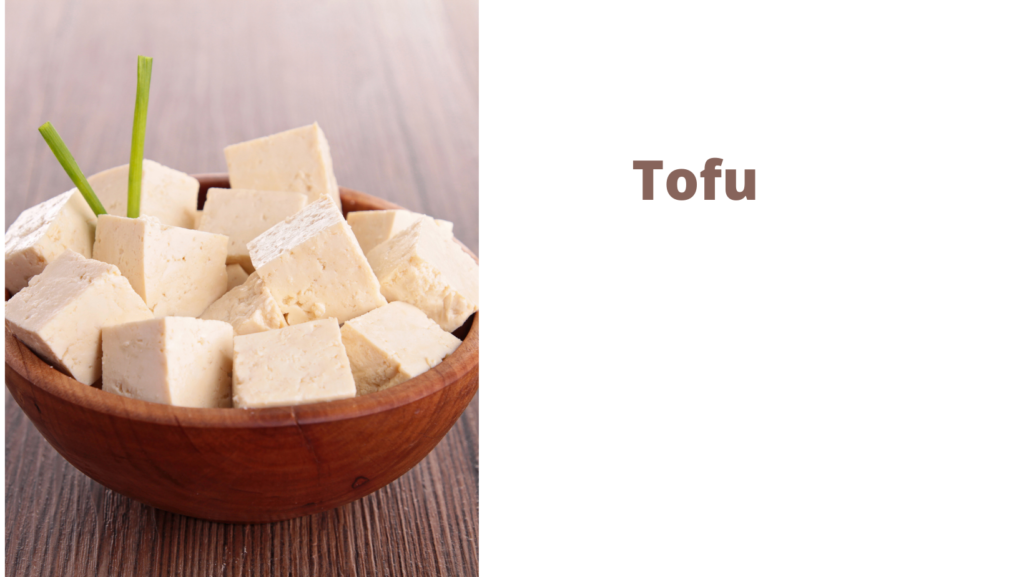
Tofu is a popular plant-based protein and has all the essential amino acid your body requires. Tofu is low in fat, cholesterol and sodium. It comes in a variety of textures and flavors to suit every palate.
Edamame or tempeh beans are a great choice if you want a protein with familiar flavours. They can be used in various dishes and make delicious additions to salads and sandwiches as well as soups and main dishes.
Red meat can be high in calories, fat, and may contain harmful chemicals. Tofu is a great option if you are looking for a healthier alternative. There are many types of tofu on the market so you’re sure to find one that suits your preferences. Don’t dismiss tofu because of its reputation. Give it a shot, you might be surprised.
Chickpeas & Lentils
Lentils and chickpeas are great options for plant-based proteins. These tiny powerhouses are full of protein, fiber, as well as other nutrients. They can be used in various recipes because they are so versatile.
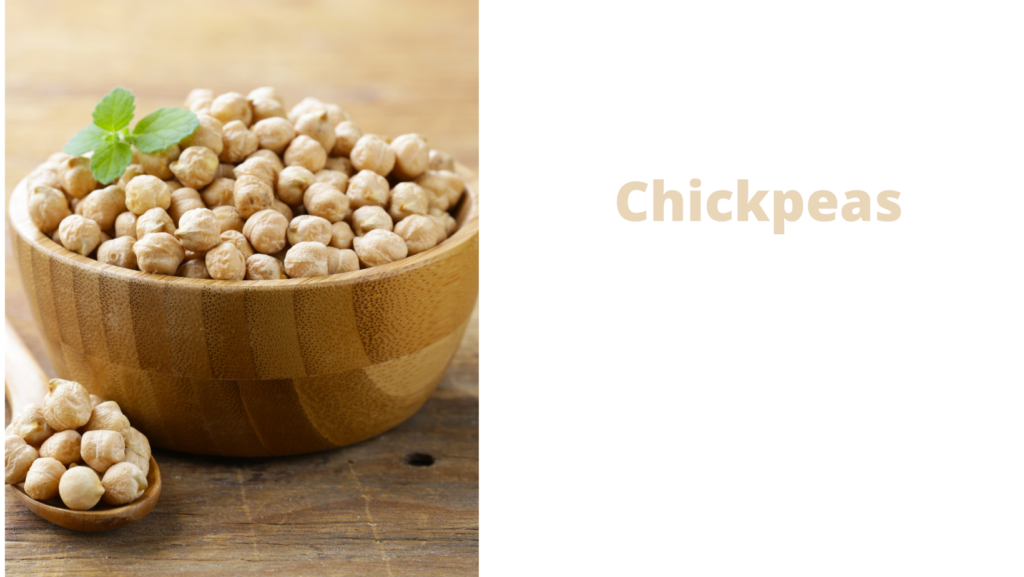
Chickpeas are great for making hummus, soup, curry, soup, and even dessert. Lentils are great for making hearty stews or salads. These two ingredients are great for making protein-rich meals.
Tempeh vs. Tofu
If you are looking for a vegan protein with more flavor than beans, tempeh and tofu are great choices. Tofu is made of soybeans and has a mild, versatile flavor.
Tempeh is a fermented soybean product that has a mildly nutty taste. These proteins make great stir-fries and curries as well as other Asian-inspired dishes.
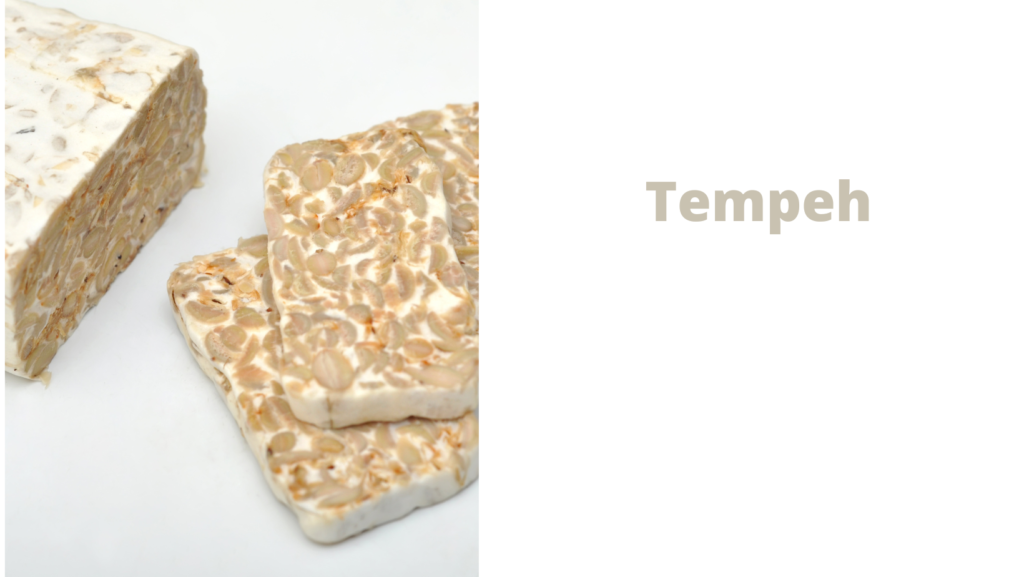
Nuts and seeds
Two of the best sources for plant-based protein are nuts and seeds. Hemp and chia seeds are rich in protein and fiber. They can be added to many other foods.
How do you calculate your vegan protein requirements?
The Centers for Disease Control and Prevention recommends that adults consume 46 grams of protein per day. This number is based upon the average protein intake of an omnivore adult and may not apply to vegans.
How much protein does a vegan need? This depends on many factors such as age, activity level and muscle mass. A registered dietitian, or certified nutritionist, can help you determine your protein requirements.
To calculate your vegan protein requirements, there are some guidelines. The Academy of Nutrition and Dietetics suggests that adults vegans should consume 0.36 grams of protein per kilogram (0.8 grams) of body weight daily).
A vegan adult of 150 pounds (68kg) would require 54 grams of protein daily. For active vegans or those who are building muscle mass, they may require slightly more protein. Older adults might need less. You can find the right amount of proteins to support your fitness and health goals with a bit of trial and error.
Conclusion
Vegans can find many plant-based protein options, such as tofu and edamame beans. Tofu is well-known for its low fat and cholesterol, as well as the fact that it contains all of the essential amino acids.
Tempeh is a good source for protein, and it has a slightly nuttier taste than tofu. Both can be used in stir-fries, curries and other Asian-inspired dishes. Good sources of fiber and protein include beans, chickpeas and chickpeas. Nuts are a great choice for snacking or adding protein to meals. Plant-based protein is a healthier choice than meat-based proteins, and can provide all the nutrients your body requires.

